I have more globals in caché db with same data structure. For each global I defined class with SQL storage map, but I need to do it generically for all globals. Is it possible to define one class with sql storage map which will be used for mapping before every SQL query execution? I need to avoid class declaration for each global which I need to be accessible via SQL. I use ODBC for execute SQL statements.
If someone can help me, i will very appreciate it
My globals looks like this:
^glob1("x","y","SL",1) = "Name"
^glob1("x","y","SL",1,"Format") = "myFormat"
^glob1("x","y","SL",1,"Typ") = "my Type"
^glob1("x","y","SL",2) = "Name2"
^glob1("x","y","SL",2,"Format") = "myFormat2"
^glob1("x","y","SL",2,"Typ") = "Type2"
^nextGlob("x","y","SL",1) = "Next Name"
^nextGlob("x","y","SL",1,"Format") = "Next myFormat"
^nextGlob("x","y","SL",1,"Typ") = "my Type"
^another("x","y","SL",13) = "Another Name"
^another("x","y","SL",13,"Format") = "Another myFormat"
^another("x","y","SL",13,"Typ") = "Another Type"
I want to have sql access to globals using one ObjectScript class.
